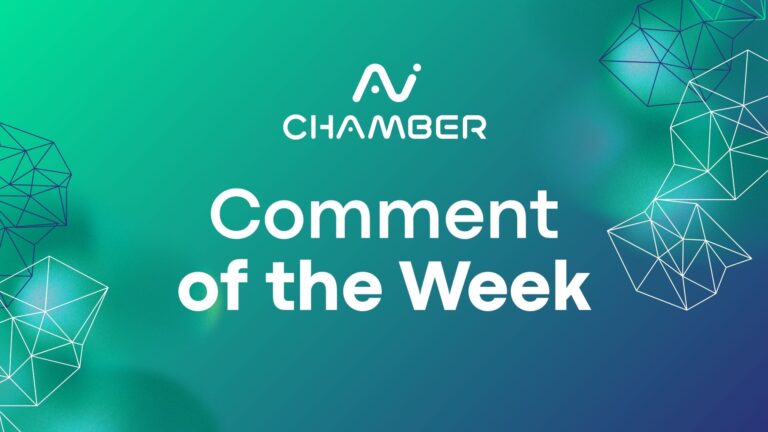The EU has another new plan for AI! Will it finally put us back in the global AI race? Here is our take.


The European Commission’s “Apply AI Strategy” was launched last week, aiming to boost Europe’s competitiveness and technological sovereignty. It’s a document with some solid, pragmatic ideas, but it also seems to sidestep the billion-euro questions and underlying systemic problems.
Here’s a quick rundown:
- The Good (The Pragmatic Play)
Smart Targeting: The strategy focuses on applying AI to Europe’s industrial strengths like manufacturing and healthcare, rather than fighting a losing battle with US/China tech giants in general-purpose AI.
The “Trustworthy” Brand: It leans into the AI Act to build a unique value proposition around safe, reliable, and human-centric AI.
SME Focus: It provides tangible support for small businesses through a network of over 250 local hubs. - The Bad (The Reality Check)
The Budget: The strategy is backed by around €1 billion. A nice sum, until you realize major US AI companies spend tens of billions each. It feels like we’re bringing a spreadsheet to a supercomputer fight.
The Ambition: While it talks about “Frontier AI,” the plan seems more geared towards catching up than truly leading the pack. There’s little there to suggest we really want to compete on the global stage. - The Ugly (The Elephant in the Room)
The strategy doesn’t seem to address the core issues holding Europe back. It speaks of fostering innovation, yet many businesses are navigating a “maze of regulation” that actively discourages risk-taking. It risks channeling funds into niche projects (“apps for farmers,” as one critic put it) instead of tackling the real blockers: a lack of risk capital and a fragmented market.
One year after the #DraghiReport the EC is still not serious about tackling the real issues plaguing not just the AI ecosystem but the whole EU economy.
So, what’s the verdict?
This feels like a well-considered, safe plan when Europe desperately needs a real shock to the system – a complete turn around of our economic thinking, backed by real investment.
Real digital sovereignty comes from creating market-leading champions, not just well-regulated followers. The question is, will this strategy create the risk-taking, scalable European tech giants we need? Or will it just create more committees?
· More articles

The AI Act Comes Into Force. Poland Has a Chance to Build the Regulator of the Future — But Time Is Running Out
The beginning of August marks an important milestone for artificial intelligence regulation in Europe. In line with the AI Act timeline, several key provisions have now entered into force — including those related to the obligations of general-purpose AI (GPAI) providers and the governance structures at both EU and Member State levels. For Poland, this […]

What Does a Yacht Have to Do with Development? The Strategic Drift of Poland’s Economic Policy
The HoReCa sector support programme under the National Recovery Plan, which has been stirring public debate for the last week, should be more than just another topic in the daily political squabble. It has revealed a broader, systemic problem that calls for deeper reflection. While headline-grabbing cases of funding yachts or saunas rightly raise questions […]
